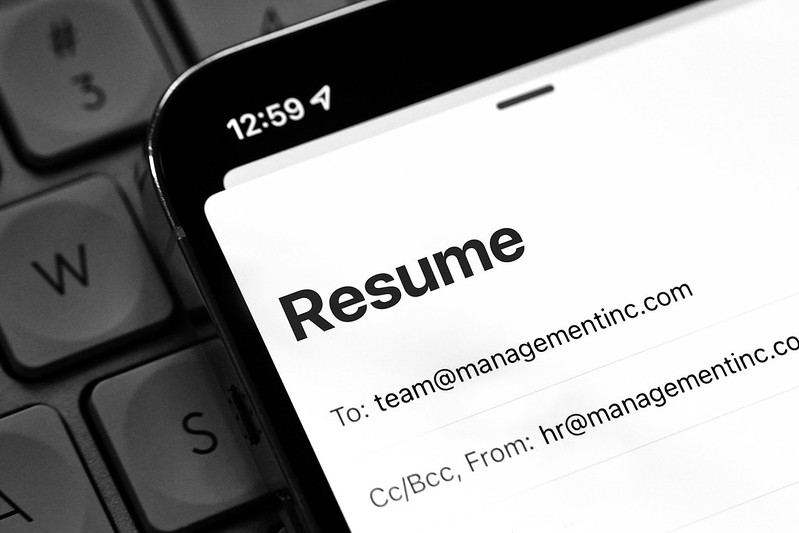Not so fast. Current wisdom says you can’t have a one-size-fits-all resume. There’s a whole industry based on customizing resumes — as in, different resumes for different job applications.
It’s one of those things, like cover letters and thank you notes, that make us ask ourselves if the extra labor is really necessary.
Here are some pros, cons and simple solutions on the topic of resume personalization to make it as simple as possible:
PRO: It can help you get to know the company.
If you want the job, you’ll need to research the company anyway. That research might help you tweak your summary or reprioritize your skills list.
CON: If you’re applying for one type of job, you probably don’t need to.
Unless you happen to be applying to jobs in different industries, where you’ll definitely want separate industry-specific resumes, personalizing each resume may amount to pointless shuffling and rewording.
PRO: It will keep your resume fresh while you job seek.
Instead of just uploading your resume without looking at it, personalization means you’ll remember to add new skills and other updates — something recruiting pros have said is essential to do regularly.
CON: It cancels out the convenience of simple resume uploads.
Being able to just upload your resume on an online job application is nice, especially if you’re applying to several jobs at once. (Food for thought: “Why one-click apply job sites ruined hiring“)
PRO: It may give you added confidence.
Personalizing your resume — if you do it yourself — amounts to more interview prep, which may make you feel more prepared.
CON: Constants like your experience and skills matter more than a unique resume.
You probably care more than they do than whether you send the same resume to everyone.
###
Truth be told, you can get the pros above just by doing research — which you’re going to do anyway, right? And that research can help you see situations where personalization may truly help you.
For example:
- If your default resume is very by-the-book “professional,” and you learn that the company you’re hoping to work for is very laid back and looking for people who are not by-the-book, writing a more casual summary might help you.
- If the job you’re applying for is extremely team-oriented and there is no mention of teamwork in your default resume, you might want to add something about a time you worked well with a team.
- If the company eschews “hustle culture” and overworked employees, and your default resume has terminology about what an intensely hard worker you are, you might edit that part.
- If the job is clearly very traditionally professional, make sure your resume is, too.
- If the job description highlights certain skills or characteristics that you have but aren’t on your default resume, add them.
If your default resume and the job description align, there’s no need to change it.
What it really comes down to is, if you badly want a specific job at a specific company, tailoring your resume just for them — without going over the top — might be worth it if it grabs their attention enough to get you into the “interview” pile.
It’s a good idea to read over your resume before every upload (or batch of uploads), but don’t stress unnecessarily about making each one unique. Looking for a job is stressful enough.
Join the conversation!
Find news, events, jobs and people who share your interests on Technical.ly's open community Slack

Philly daily roundup: Earth Day glossary; Gen AI's energy cost; Biotech incubator in Horsham

Delaware daily roundup: Greentech terms to know post-Earth Day; generative AI's energy costs; anti-AI deepfake legislation

DC daily roundup: Washington Post's AI collab; a greentech glossary; Halcyon's debut Climate Fellowship cohort


